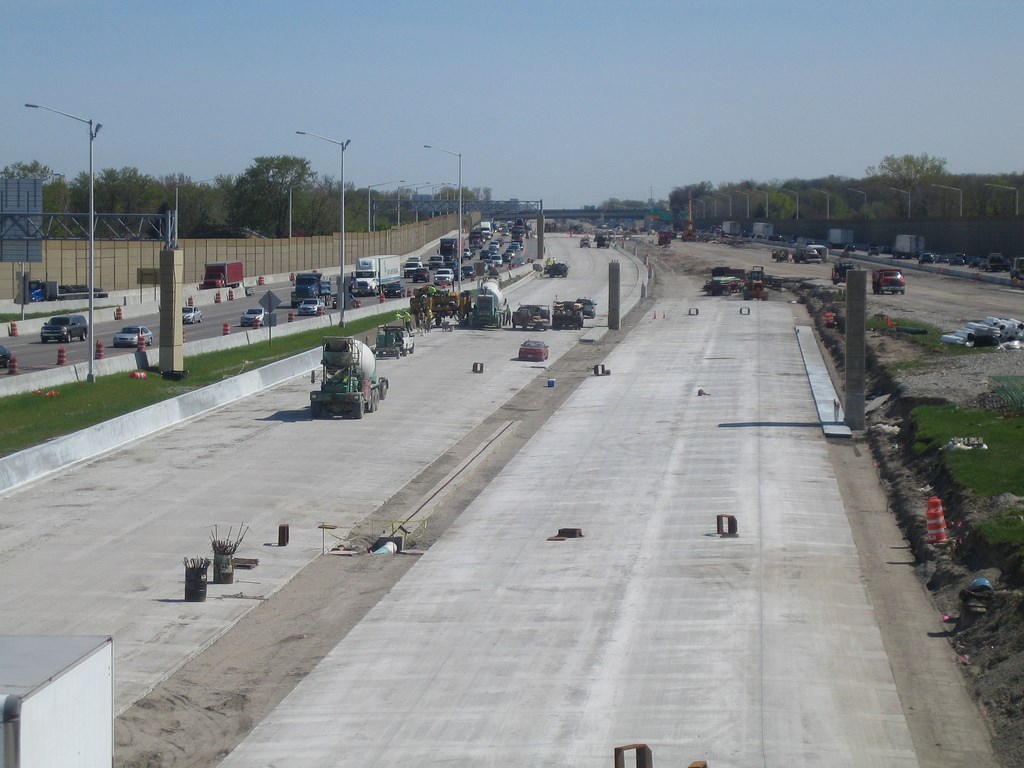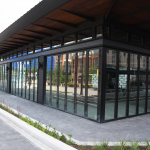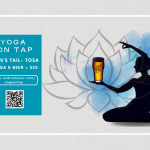9 Roads Funding Proposals That Died
All were supposed to solve transportation budget impasse. None did.
In the final hours of Joint Finance Committee debate on the next state budget, one lawmaker said this: Wisconsin is envied nationally for its fully funded public employee pension system, but mocked for not having a long-term plan to maintain and rebuild its aging highways.
It was back on February 8 that Republican Gov. Scott Walker gave the Legislature a “no tax increase, no fee increase” transportation budget that borrowed $500 million more to keep many construction projects on track. Seven months later, after much wrangling, legislators finally recommended a highway budget that is close to what Walker originally recommended: $402 million in new borrowing, or about $100 million less than the governor proposed. And higher annual registration fees on hybrid cars ($150) and electric vehicles, ($175).
But what that budget doesn’t do: It doesn’t start to rebuild I-94 west of downtown Milwaukee. It doesn’t upgrade north and south lanes of the Zoo Interchange, the busiest crossroads in the state. It delays dozens of other highway projects statewide. And it doesn’t balance the Transportation Fund in the 2019-21 budget cycle.
There are many reasons for that failure, but a key one was that every major pay-as-you-go highway funding plan that was floated, after getting 15 minutes of fame, was killed. That’s nine proposals in the last seven months, including:
1. Increase the 30.9-cent per gallon state gas tax, unchanged since 2006
Some Republican legislators, and a few Democrats, were privately willing to raise this tax by 5-cents. But Walker promised to veto that tax increase, so there was no reason to vote on a plan that could be used against legislators in 2018 elections that would never become law.
2. Index gas tax, adjusting it annually for inflation
Republicans forced Democratic Gov. Jim Doyle to sign a bill ending the automatic inflation adjustment in 2006, when Doyle was running for a second term. This year, Democrats again offered to restore indexing – an offer Republicans would only consider as part of bigger deal.
3. Increase the $75 vehicle registration fee
Owners of cars, SUVs and light trucks have paid $75 annually to register their vehicles since 2008. Some legislators also quietly suggested raising that fee, but dropped the idea after the governor made it clear it would also be vetoed.
4. Charge 5 percent state sales tax on gasoline
Assembly Republicans suggested extending the sales tax to gasoline, and lowering the 30.9-cent gas tax to partially soften any price increase, but Senate Republicans dismissed the idea.
5. Divert sales taxes paid on vehicles, parts and repairs to Transportation Fund
Past legislators, task forces and think tanks have suggested diverting sales taxes collected on vehicles, parts and repairs to the Transportation Fund. But the idea dies – and did again – after legislators learn that could mean more than $500 million less per year for schools, the UW and technical college systems, prisons, aid to local governments and property tax relief.
6. Transfer general-fund cash to Transportation Fund
Moving cash from the state’s main checkbook to pay for highways has been done in the past. But Walker and GOP legislators this year couldn’t afford a $639-million increase in aid to K-12 schools, plus add tax cuts and pay health care and other bills if they approved that diversion.
7. Minimum-markup law
Assembly Republicans also suggested repealing – or dialing back – the law requiring a nine percent markup on gasoline and other products, saying it would lower gas prices by a few pennies per gallon (and leave room for some kind of tax increase). But, after lobbyists for independent small businesses said that would cut into their profits, Senate Republicans never took the idea seriously.
8. Surtax on heavy trucks
Republican Rep. Amy Loudenbeck suggested raising fees on heavy trucks, since they cause the most damage to highways.Trucking-industry leaders were willing to pay more, but only if it was part of a package that also made owners of other vehicles pay more.
When no big-package deal emerged, trucking executives said: “Yes, we use Wisconsin highways – but we’re not the only ones. Don’t single us out to pay for them.” The idea was dropped.
9. Tolling major highways
Polls suggest many Wisconsin residents favor tolls instead of higher taxes, but tolling would require building toll booths, take years to implement and permission from the federal government. So, the budget spends $2.5 million to study tolling – again.
The result of seven months of deals/no deals on highway funding? As Mr. Yogi Berra once put it: “Déjà vu all over again.”
Steven Walters is a senior producer for the nonprofit public affairs channel WisconsinEye. Contact him at stevenscwalters@gmail.com
The State of Politics
-
A Wisconsin Political Trivia Quiz
 Dec 15th, 2025 by Steven Walters
Dec 15th, 2025 by Steven Walters
-
The Fight Over Wisconsin’s House Districts
 Dec 8th, 2025 by Steven Walters
Dec 8th, 2025 by Steven Walters
-
The Battle Over On-Line Betting
 Nov 24th, 2025 by Steven Walters
Nov 24th, 2025 by Steven Walters























“So, the budget spends $2.5 million to study tolling – again.”— Why don’t they just call Mark Gottlieb and ask him for a summary on what was concluded several years ago ? Do they expect to find an answer that wasn’t evident before ?? What a waste of $ 2.5 million. ADULTS IN THE ROOM ? FISCALLY RESPONSIBLE ?? Not so much .
Republicans: Borrowing is really just a deficit! Stop the embellishment! You conservatives want your energy corporation donations that support automobiles but can’t repair the roads you expect us to drive these oil-burning machines. Irony is too easy a word to describe this contradiction!
So we end up with more borrowing AND less repairs. What a deal!
FIRE THESE BUMS
Tolling spending = Kickback for reliable donors